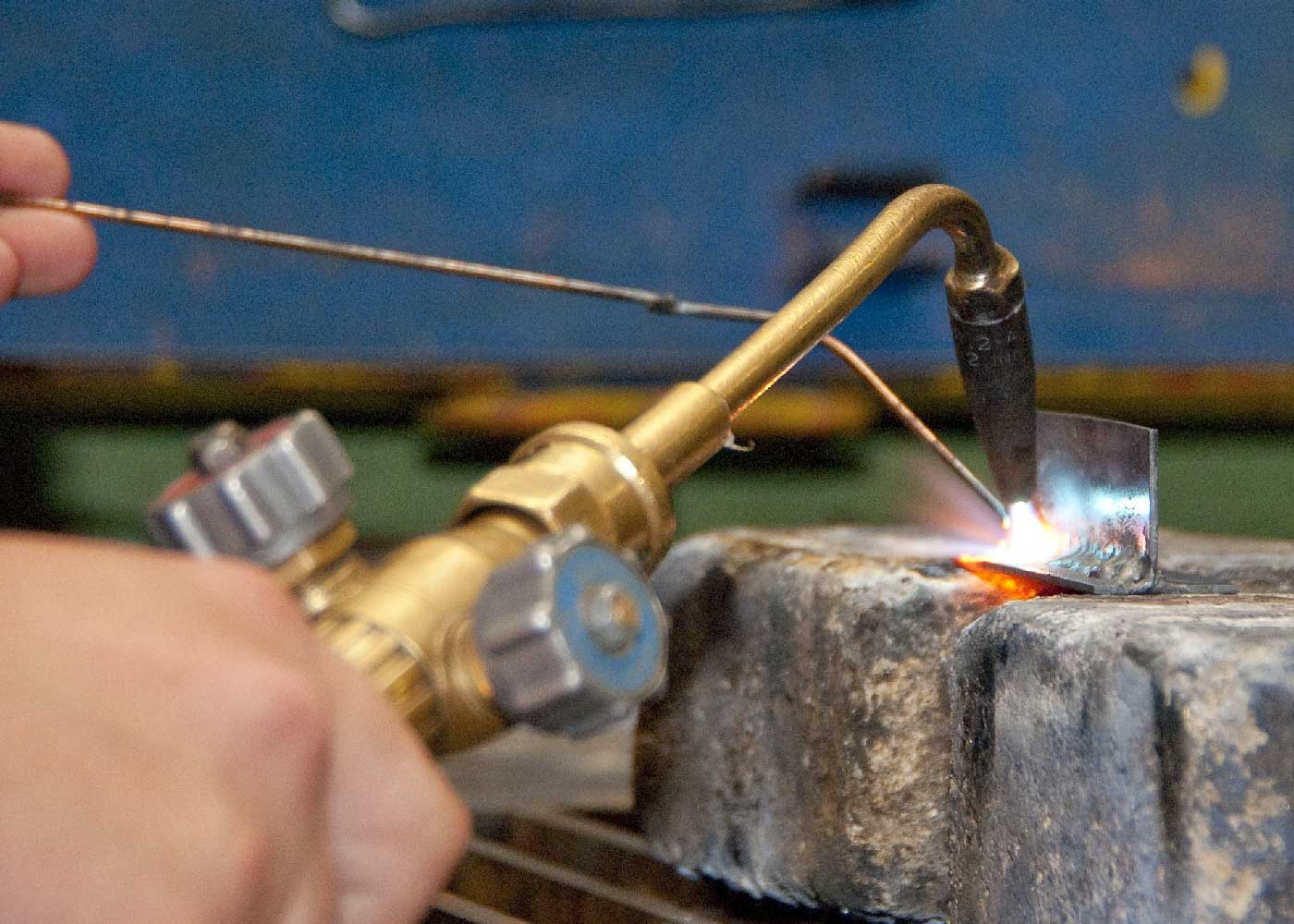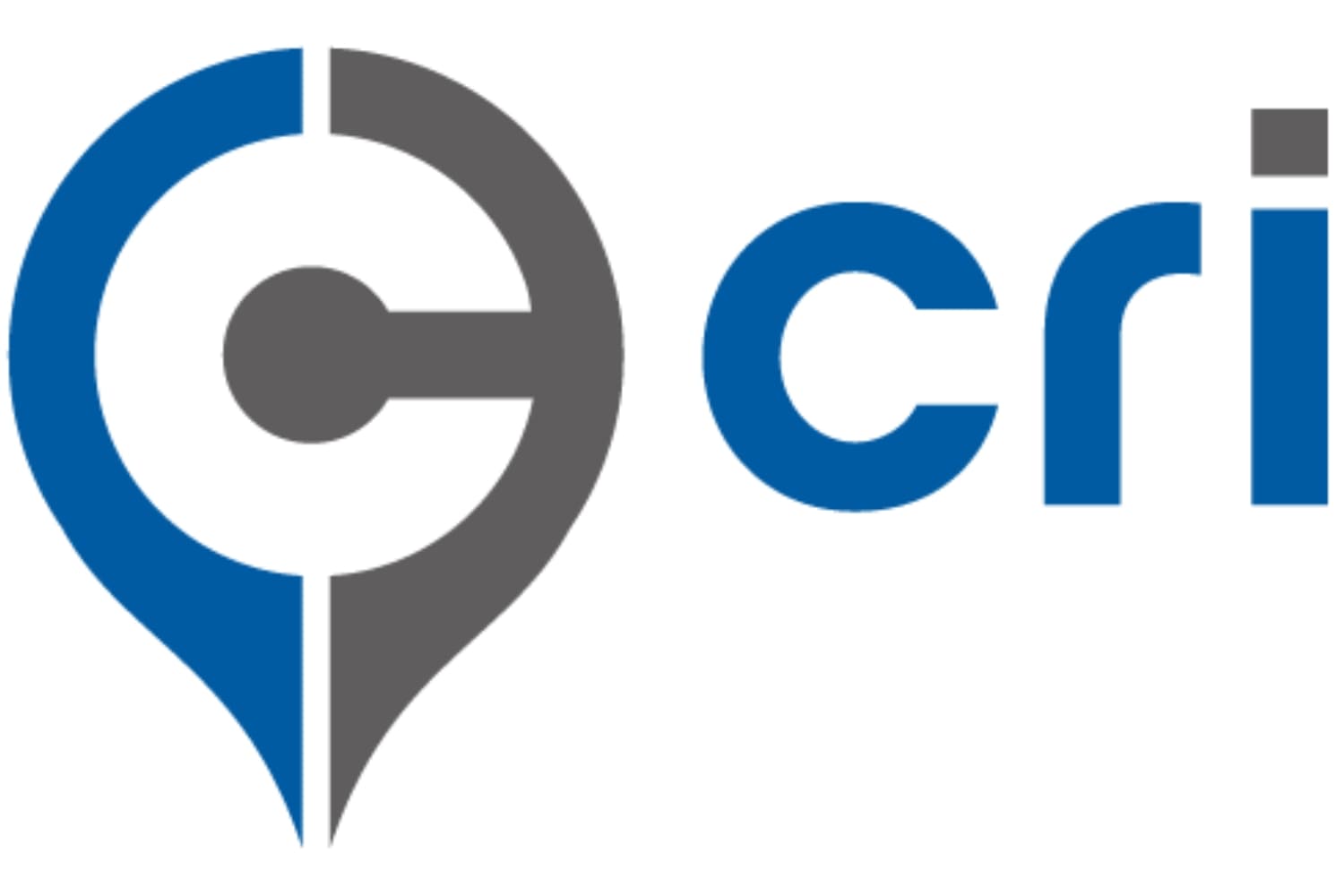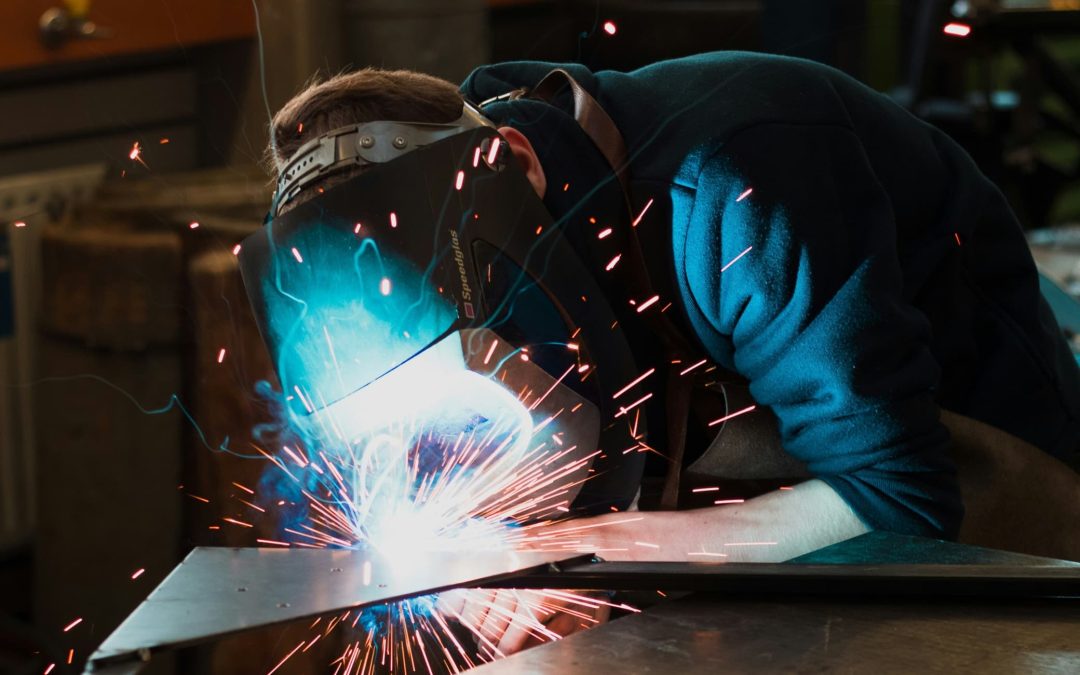A Growing Problem
As the Beastie Boys taught us, you’ve got to have “the skills to pay the bills.”
Unfortunately, across the US, manufacturing companies are having trouble hiring workers with the right skills. As IT needs have grown over the past ten years, more and more people are following computer-oriented career paths.
This has created a “skills gap” in fabrication and construction industries. Despite what sci-fi movies may have us believe, robots aren’t ready to take over all our jobs yet.
As Baby Boomers retire, the need for hands-on workers continues to rise. In fact, it’s expected that between 2015 and 2025, manufacturing companies will have 3.5 million jobs open up—but only find 1.5 million workers ready to fill them.
With this human capital in such high demand, expediting the hiring process will be paramount. That’s why CRI’s Performer assessment is the perfect choice when hiring vocational workers.
For an example, let’s consider the employee selection process for a welding position at a tubing manufacturer company. When you think of this position’s requirements, what traits do you imagine the candidate must have?
 Precise Behavior Predictors
Precise Behavior Predictors
Motivation, energy, and mental toughness are all vital when dealing with the physical demands of a welding career. Thankfully, the Performer assesses not only these personality dimensions, but many more as well. A total of ten traits are examined, including emotional development and organization.
This hiring tool not only helps determine who has the right skills for the job, but who will become a great team member as well.
When A Great Attitude Meets High Aptitude
Measurements, mathematics, and mechanisms, oh my! These components make up a welder’s daily work. It’s imperative that a candidate is capable of safely performing these job functions.
The Performer assessment gauges two mental aptitude categories. First, numerical perception is tested. This reveals the candidate’s ability to handle numeric-related tasks accurately and efficiently.
Secondly, the candidate’s basic math skills are shown. When reaching quotas and handling machinery are involved, these skills cannot be downplayed.
The Numbers Don’t Lie
The third factor of the Performer involves the actual assessment’s accuracy. Some recruitment companies are wary of assessments, assuming candidates will be able to “fake” their answers. However, CRI’s assessments leave little room for forced responses.
There are two validity scales in place. The first pertains to distortion—the frankness of the respondent as related to the statistical validity of the behavioral dimensions. For example, if a candidate’s answers insist they are flawless in every single area—this scale can smell something fishy from a mile away.
The second scale handles equivocation. Simply put, do the candidate’s answers reflect their personality traits, as revealed by the overall test?
A History of Accuracy
No second guesses are needed when it comes to the Performer’s results. Since 1956, CRI has specialized in hiring assessments and employee benchmarks. This has enabled us to study data across multiple industries—including manufacturing and construction—and ensures time-tested accuracy.
In only about 30 minutes, the Performer can supply you with the answers you need to make the right hire. Results appear in a written segment explaining each aptitude, as well as a visual analysis comparing the candidate’s scores to benchmarks across various organizations.
No matter how the job market looks, you can rely on making the right hire with the Performer’s help. Contact us today to get started!


